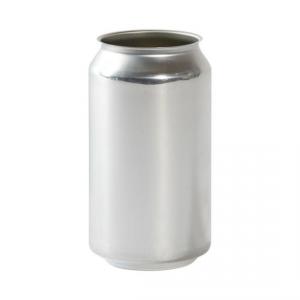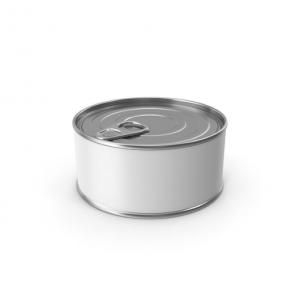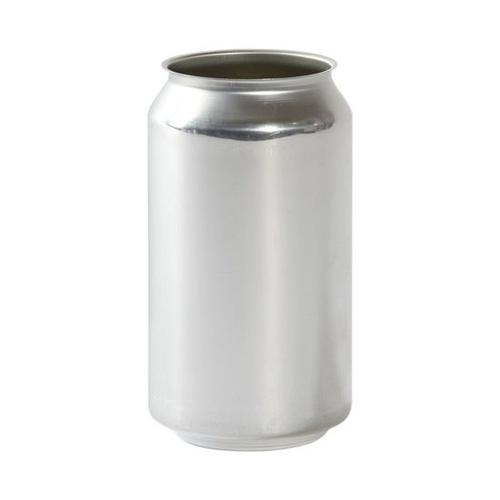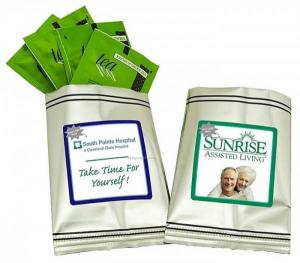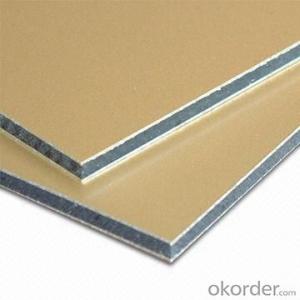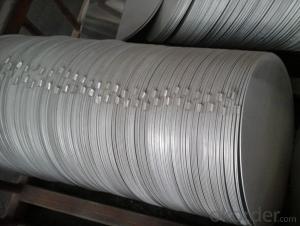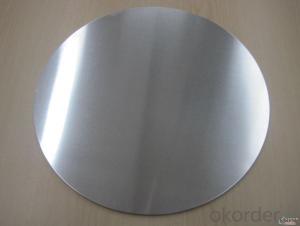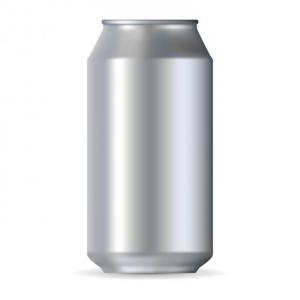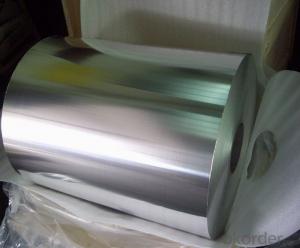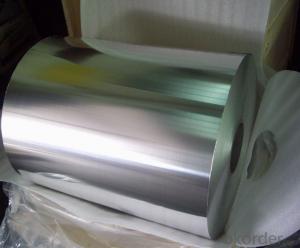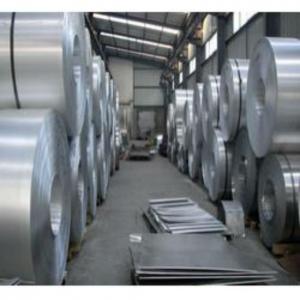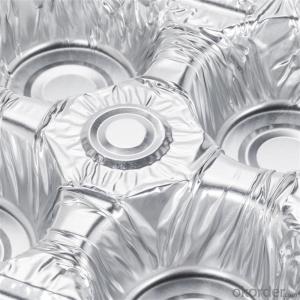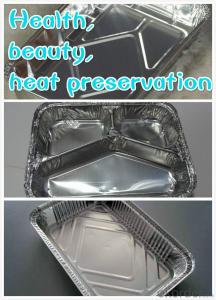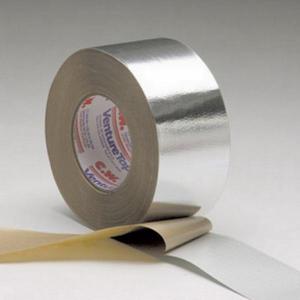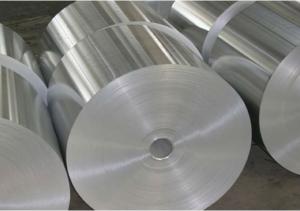Aluminium Can Bodystock for kinds of Food Can
- Loading Port:
- China main port
- Payment Terms:
- TT or LC
- Min Order Qty:
- 100000 pc
- Supply Capability:
- 5000000 pc/month
OKorder Service Pledge
OKorder Financial Service
You Might Also Like
Aluminum cans are a widely used packaging solution, particularly in the beverage and food industries. These cans are crafted from aluminum, a material known for its lightweight and corrosion-resistant properties. The use of aluminum ensures that the contents remain fresh and unspoiled, making it an ideal choice for preserving the quality of drinks and food. Aluminum cans have become an integral part of modern packaging due to their practicality and efficiency in both transportation and storage.
Advantages:
Recyclability: Aluminum cans can be recycled indefinitely without losing quality, significantly reducing environmental impact.
Lightweight: They are lighter than other packaging materials, reducing transportation costs and energy consumption.
Durability: Aluminum cans are resistant to damage during handling and transportation, ensuring the contents remain safe.
Thermal Conductivity: They allow beverages to chill quickly, providing convenience for consumers who prefer cold drinks.
Corrosion Resistance: Aluminum's natural corrosion resistance helps preserve the freshness and taste of the contents.
Branding and Marketing: The surface of aluminum cans is ideal for high-quality printing, enhancing product branding and consumer appeal.
Specification:
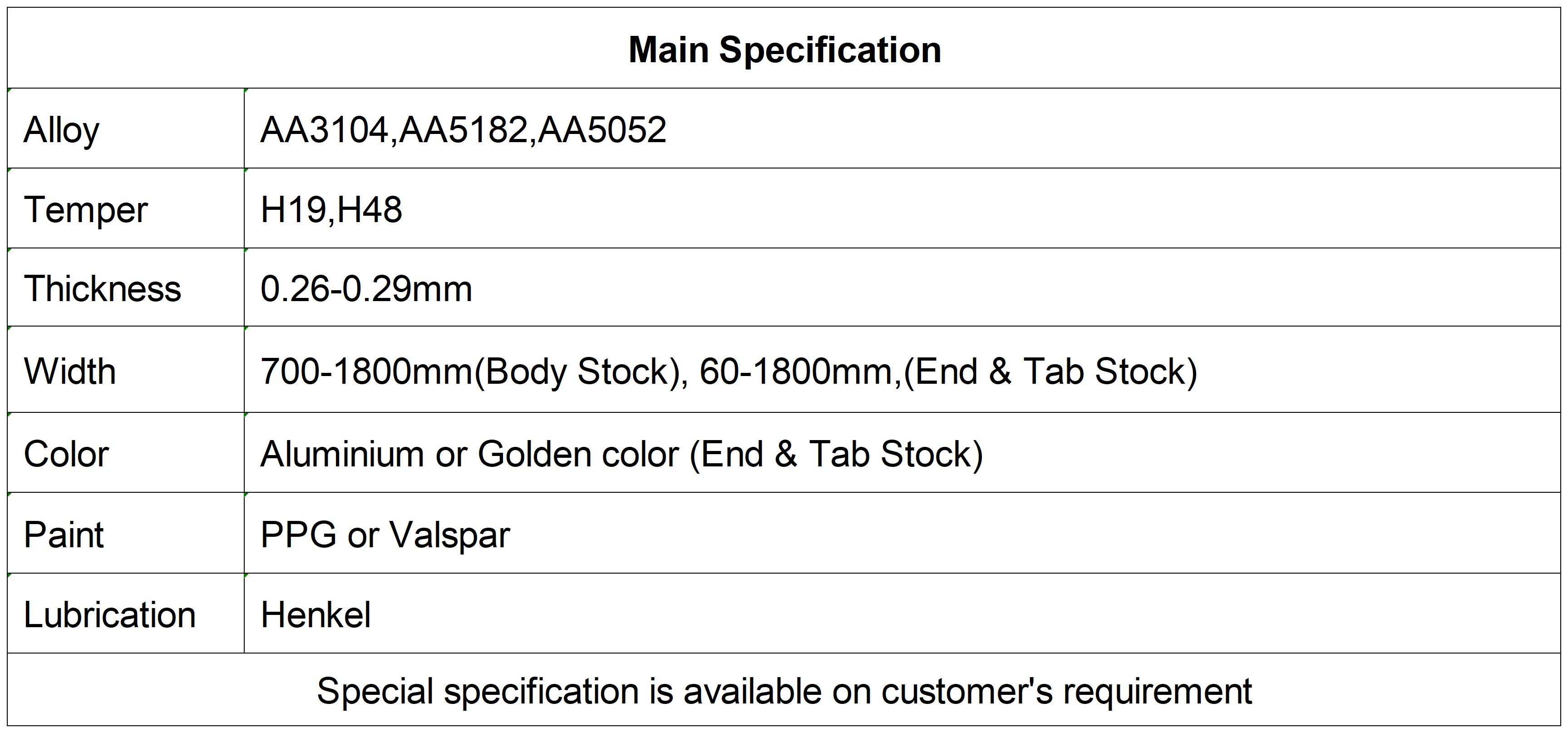
Images:
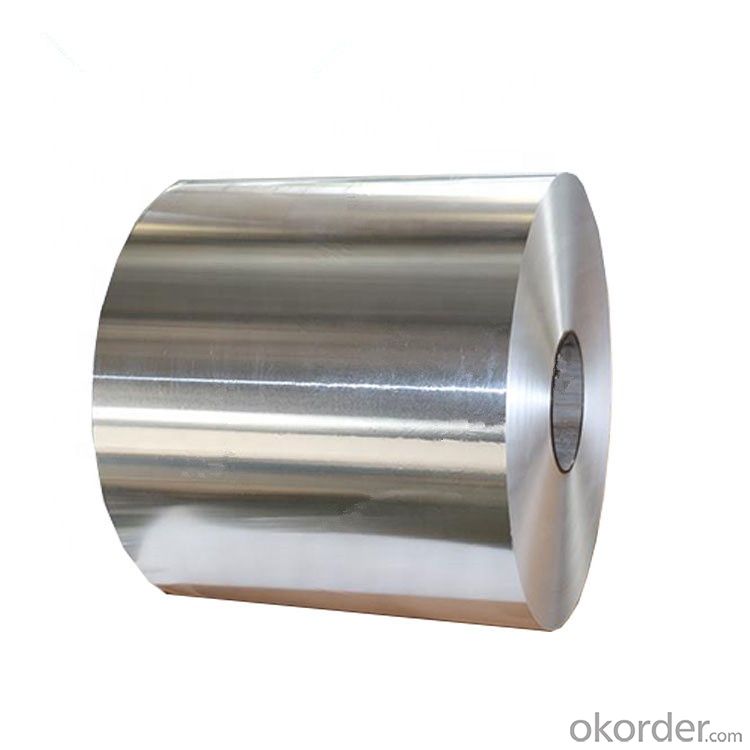
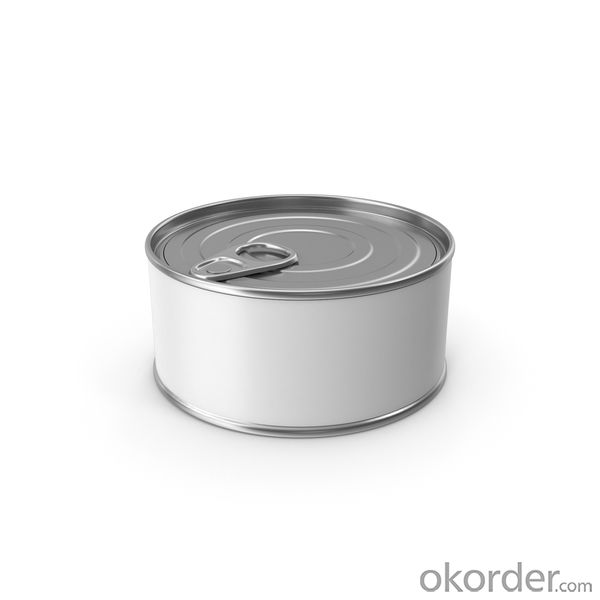
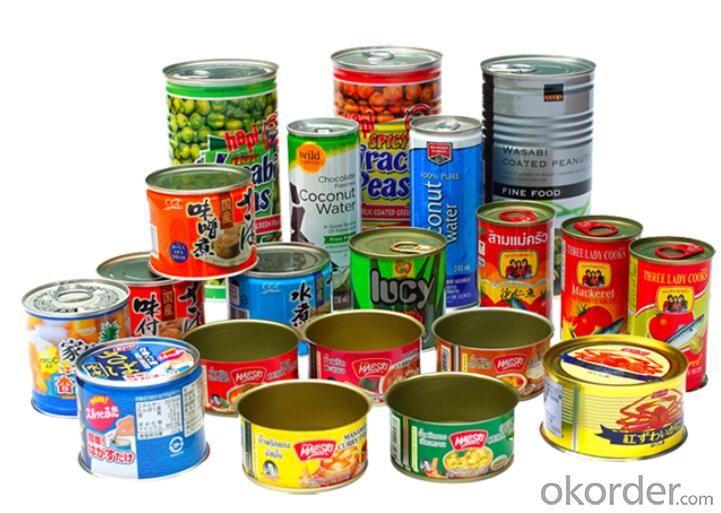
Professional Quality Control Team:
Inspect ingot before melting
Inspecting aluminium coil /foil stock before cold rolling
Inspecting finished goods before package
Inspecting package, loading before shipment
Certificates:
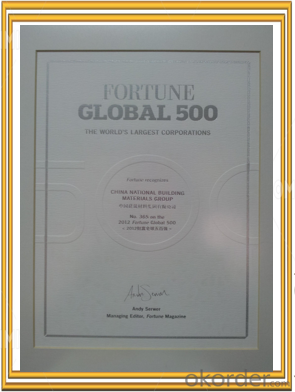
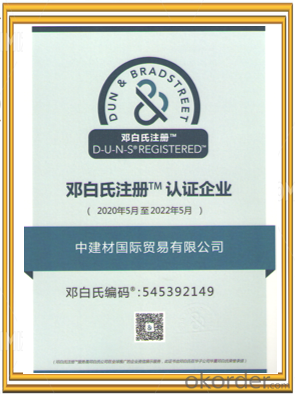
- Q: Is aluminum a suitable material for construction purposes?
- <p>Yes, aluminum is widely used in building materials due to its lightweight, high strength, and corrosion resistance. It is common in window frames, roofing, facades, and structural components. Aluminum's malleability allows for versatile design, and its recyclability makes it an environmentally friendly choice.</p>
- Q: This question asks for recent advancements or innovations in the technology related to aluminum.
- <p>Recent developments in aluminum technology include the advancement of aluminum-air batteries for energy storage, which offer a more sustainable and efficient alternative to traditional batteries. There's also the development of nanostructured aluminum alloys that exhibit superior strength and lightweight properties, making them ideal for aerospace and automotive applications. Additionally, research into aluminum recycling has led to more efficient processes, reducing waste and environmental impact. Lastly, advancements in aluminum electrolysis have improved energy efficiency, contributing to the sustainability of aluminum production.</p>
- Q: Is it safe and common to use aluminum for the production of containers for food and beverages?
- <p>Yes, aluminum is commonly used to make containers for food and beverages. It is lightweight, durable, and provides excellent resistance to corrosion. Aluminum cans are widely used for beverages like soda and beer, and aluminum foil is often used for food packaging. However, it's important to note that the interior of aluminum cans is usually lined with a protective coating to prevent direct contact with the food or drink, which can help to mitigate any potential health concerns related to aluminum exposure.</p>
- Q: This question asks for methods to prevent aluminum from seeping into food when cooking with aluminum cookware.
- <p>To prevent aluminum from leaching into food when using aluminum cookware, follow these guidelines: Avoid using aluminum cookware for acidic foods or beverages, as acids can cause aluminum to leach. Do not cook with high heat, as this can increase the risk of leaching. Use a protective coating, such as a non-stick coating or a thin layer of oil, to create a barrier between the food and the aluminum. Regularly replace or repair any damaged cookware to prevent exposure to bare aluminum. Finally, consider using alternative cookware materials, such as stainless steel or cast iron, for long-term cooking and storage.</p>
- Q: This question asks about the health effects of consuming aluminum on human health.
- <p>Aluminum consumption can have various effects on human health, though the extent of its impact is still a subject of debate among researchers. High levels of aluminum intake have been associated with neurological disorders, particularly Alzheimer's disease, although a direct causal link has not been definitively established. Aluminum can also interfere with bone health, potentially leading to osteoporosis, and may affect the kidneys, causing dysfunction. It is important to note that the human body naturally excretes aluminum, so moderate exposure is generally not harmful. However, excessive intake, especially over a long period, could pose health risks.</p>
- Q: Is it possible to utilize aluminum as a material for automotive construction?
- <p>Yes, aluminum is commonly used in cars. It is valued for its lightweight properties, which can improve fuel efficiency and reduce emissions. Aluminum is used in various parts of a vehicle, including engine components, body panels, and suspension systems. Its high strength-to-weight ratio and resistance to corrosion make it an ideal material for automotive applications.</p>
- Q: This question asks for recent applications of aluminum in the transportation industry.
- <p>Aluminum has found new uses in transportation due to its lightweight and high strength properties. It's increasingly used in electric vehicles to reduce weight and extend battery life. Aluminum alloys are also utilized in the construction of high-speed trains and aircraft to improve fuel efficiency and performance. In addition, aluminum is employed in the manufacturing of automotive parts such as engine components, wheels, and body panels. Furthermore, it's used in the production of lightweight bicycles and other transportation infrastructure like bridges and road signs. The trend towards more sustainable and efficient transportation continues to drive innovative uses for aluminum.</p>
- Q: Is it safe and effective to use aluminum foil for wrapping food items in a freezer?
- <p>Yes, you can use aluminum foil to wrap food in the freezer. Aluminum foil is a good insulator and can help protect food from freezer burn. It also prevents cross-contamination and keeps odors from affecting other foods. Ensure the foil is tightly wrapped around the food to maintain freshness and quality. However, for long-term storage, it's recommended to use airtight containers or freezer-safe plastic bags in addition to or instead of foil, as they can provide better protection against freezer burn and moisture loss.</p>
- Q: Is it possible to utilize aluminum in the manufacturing of tools and equipment?
- <p>Yes, aluminum can be used to make tools and equipment. It is valued for its lightweight, corrosion resistance, and high strength-to-weight ratio. Aluminum is commonly used in various applications such as aircraft manufacturing, automotive parts, and consumer electronics. It is also used in the construction of certain types of tools, particularly those that require lightness and durability without the need for extreme strength. However, for applications requiring high strength or resistance to high temperatures, other materials might be more suitable.</p>
- Q: This question asks about the amount of energy needed to produce aluminum, including the process and factors that influence energy consumption.
- <p>Producing aluminum requires a significant amount of energy, primarily due to the electrolytic process used to extract it from its ore, bauxite. The Hall-H茅roult process, the most common method, consumes about 15,000 to 16,000 kilowatt-hours of electricity per ton of aluminum produced. This high energy demand is largely due to the strong chemical bonds in aluminum oxide, which must be broken to release the aluminum. Energy consumption can vary based on the efficiency of the smelting process, the quality of the bauxite, and the energy source used, with renewable energy potentially reducing the carbon footprint but not necessarily the total energy input.</p>
Send your message to us
Aluminium Can Bodystock for kinds of Food Can
- Loading Port:
- China main port
- Payment Terms:
- TT or LC
- Min Order Qty:
- 100000 pc
- Supply Capability:
- 5000000 pc/month
OKorder Service Pledge
OKorder Financial Service
Similar products
Hot products
Hot Searches
Related keywords
